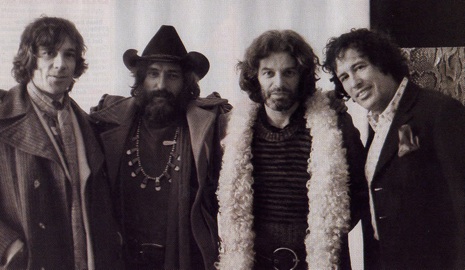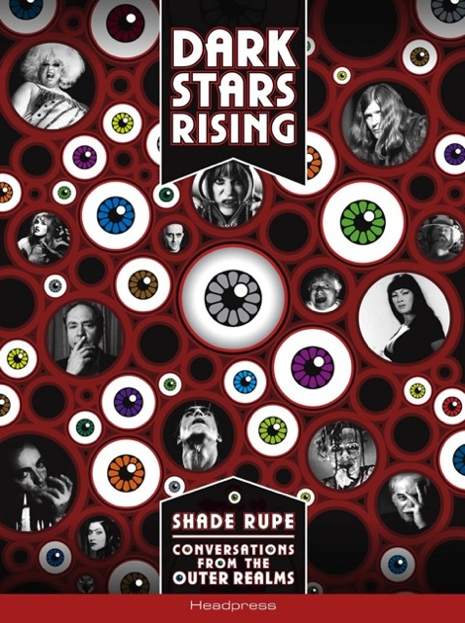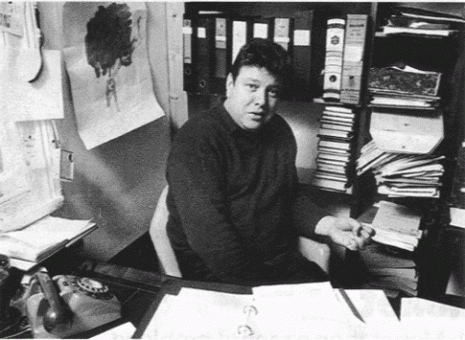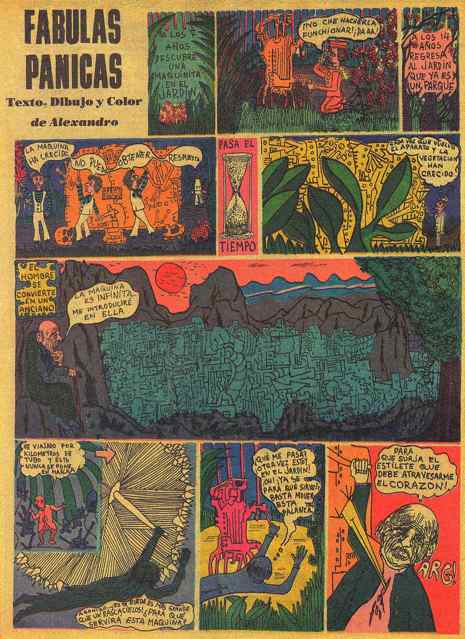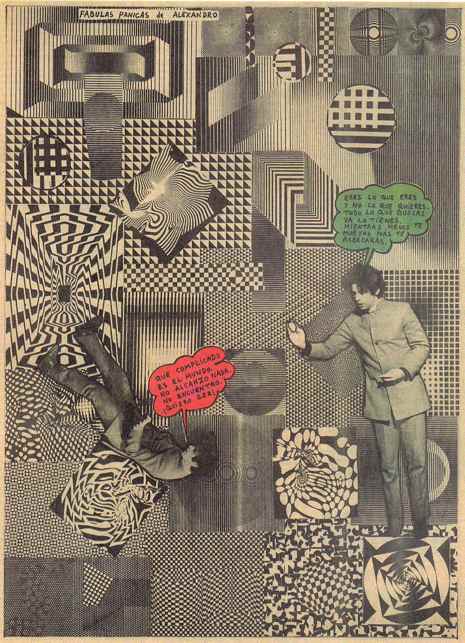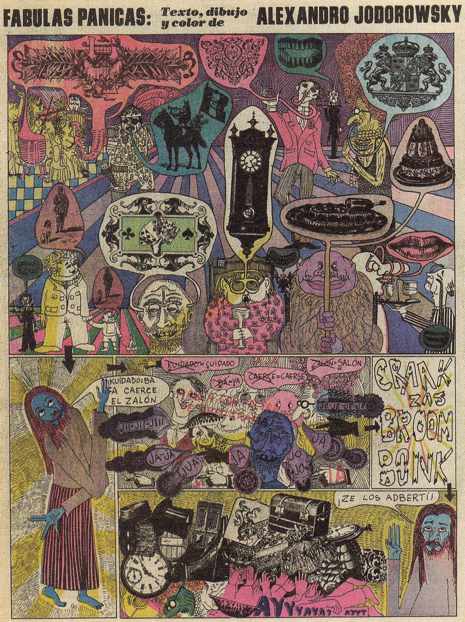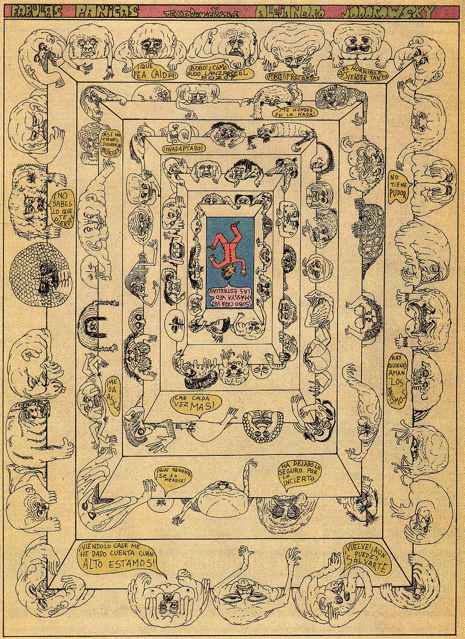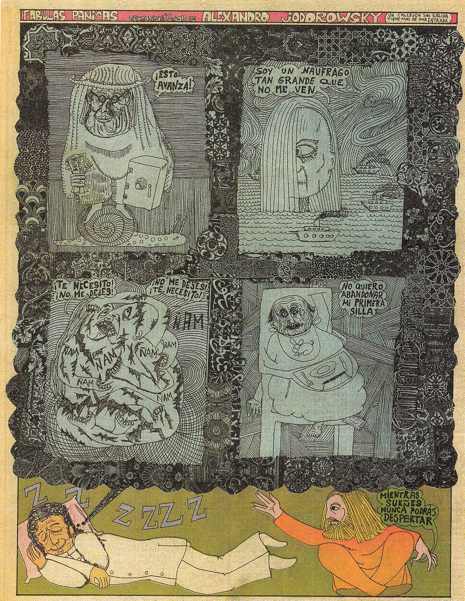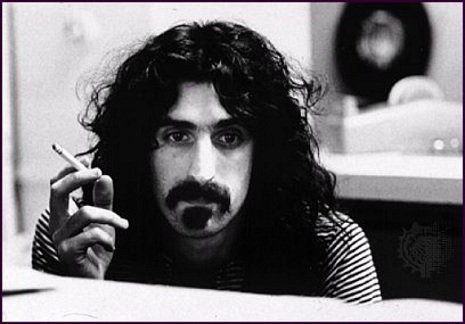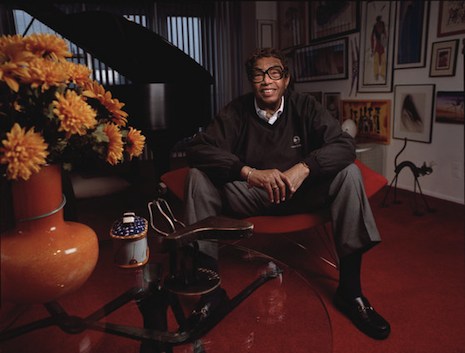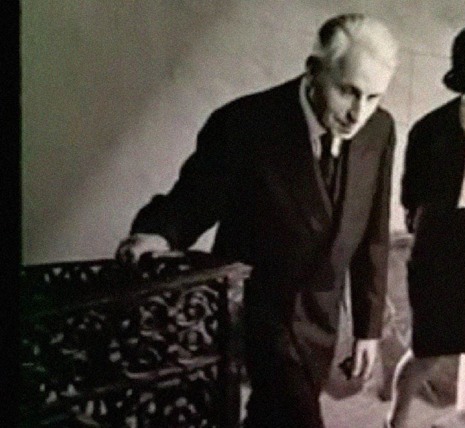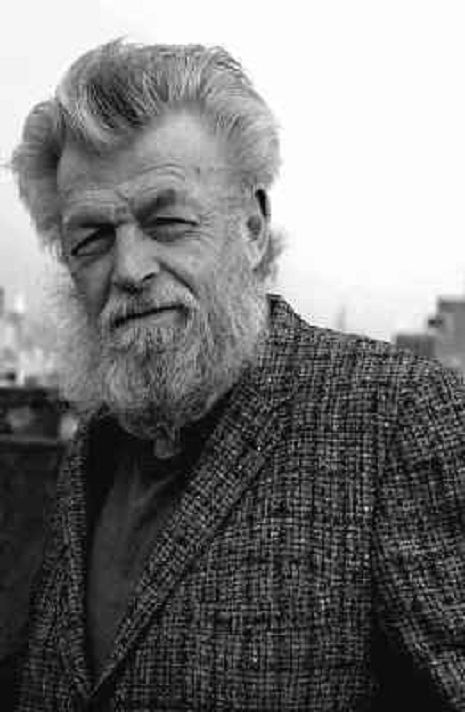
Poppa Neutrino (William David Pearlmam) was born in San Francisco in 1933. Neutrino died on January 23, 2011 in New Orleans, LA.
Poppa Neutrino was a friend of mine and one the most fascinating men I’ve ever met.
During the mid-1980s into the 90s, I was booking bands into several music venues in New York City. Poppa had a family band called The Flying Neutrinos fronted by his daughter Ingrid Lucia and son Todd Londagin. They’d been street musicians for years, traveling all over the world, eventually landing in Manhattan. I saw the group evolve from a somewhat ragged ensemble into a world class jazz band with a heavy New Orleans influence. Poppa receded into the background as the group became increasingly in demand and successful. But his spiritual influence was very much alive in the soul of the group. He encouraged not only their art but their fierce independence. Which considering his own wild and uncompromising past was to be totally expected. He was a renegade with a streetwise philosophy and a hustler’s instincts. An American Gurdjieff.
David Pearlman, a restless and migratory soul, a mariner, a musician, a member of the Explorers Club and a friend of the San Francisco Beats, a former preacher and sign painter, a polymath, a pauper, and a football strategist for the Red Mesa Redskins of the Navajo Nation. When Pearlman was fifty, he was bitten on the hand by a dog in Mexico and for two years got so sick that he thought he would die. When he recovered, he felt so different that he decided he needed a new name. He began calling himself Poppa Neutrino, after the itinerant particle that is so small it can hardly be detected. To Neutrino, the particle represents the elements of the hidden life that assert themselves discreetly.
Inspired by Thor Heyerdahl and Kon-Tiki, Neutrino is the only man ever to build a raft from garbage he found on the streets of New York and sail it across the North Atlantic. The New York Daily News described the accomplishment as “the sail of the century.” National Geographic broadcast an account of the trip as part of its series on extreme adventures.
The philosophical underpinnings of Neutrino’s existence are what he calls Triads, a concept worked out after years of reading and reflection. He believes that each person, to be truly happy, must define his or her three deepest desires and pursue them remorselessly. Freedom, Joy, and Art are Neutrino’s three.
There’s a wonderful book about Poppa written by New Yorker contributor Alec Wikinson called “Poppa the Happiest Man in the World: An Account of the Life of Poppa Neutrino” that is genuinely inspirational.
As recently as last year, Poppa was still pushing the envelope when he attempted to circumnavigate the Globe in a 37 foot raft with a crew consisting of three sailors and three dogs. But on November 9 their raft was tossed by big surf onto the rocks near Thompson’s Point, VT.
Only a few months later, Poppa died of a heart attack in the city he always seemed to return to, New Orleans. His family is having him cremated and will set his ashes afloat on the Mississippi River. In the words of his daughter Ingrid, “He’s always been free, so we’ll set him free.”
Like many artists and musicians, Poppa had little money and no insurance. If you’d like to contribute toward his funeral expenses go here.
Victor Zimet and Stephanie Silber’s documentary Random Lunacy explores the life and philosophy of Poppa Neutrino. This your chance to meet a remarkable man.






